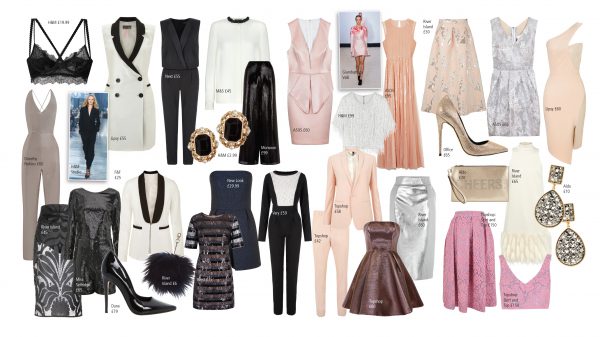Bill and Jill are a match made in heaven. “We have the same taste in food and movies. But when it comes to money, Bill and I are on opposite sides of the universe.” Bill laughs in agreement. “Mention the word ‘payday’ to me and I think of a night out, a trip to Paris, new suit – that kind of thing. Say the word to Jill and she thinks mortgage, pension, clearing credit card debts and paying utility bills.” Bill and Jill are not unusual. Maybe you’ve noticed that when you and your spouse or significant other discuss money, sparks fly. Not only do many people have different and conflicting money styles, but money means something different to each of us.
Everyone’s different
Maybe you are a great budgeter but your partner is a free spender; maybe you know where every pound goes but your partner’s footloose and fancy free. You feel comfortable with stocks and shares; your partner wants new holidays and new clothes. Perhaps you make financial decisions easily, quickly and sometimes impulsively, but your partner has analysis paralysis and can’t make a decision until backed into a corner. When Bill and Jill sat in front of me, I could see their struggles. To Jill payday symbolised safety, comfort, and security – to Bill it was permission to splash out and to be stimulated by the new and exciting.
The 4 Money Motivators
If I ask 20 people about what money means to them, I get 20 different responses: trips to the Caribbean, school fees, power, sexiness. What I’ve found is that our money personalities or styles are shaped by early experiences and how our parents handled (or didn’t handle) money.
5 solutions for couples
1. Use a financial adviser. Having an adviser you can both trust could help you unify your financial requirements and build for a better future together. Your adviser will pick up on your different approaches to finances quite early on.
2. Make time to discuss finances or update each other. Set a time limit, stay focused on the subject at hand, stay objective. When you’ve finished, reward yourselves with dinner out or something fun.
3. Divide financial tasks so that you are both “in the loop”. If that isn’t possible, schedule regular update meetings for the one handling the task to report to the other.
4. Make decisions together. Unilateral decision making is a real deal killer and makes the other person become entrenched in his or her money style.
5. All down to experience. Lastly, understand that you and your partner’s money styles were shaped by an accumulation of experiences. Just because your partner is different from you when it comes to money doesn’t mean they’re wrong. The more you “blame” the more your partner will have to defend their position. When they do that, you’ll find your money styles polarising and your priorities getting even further apart. Money means different things to each of us, but work together and you may discover that you’re a match made in heaven.
Akwasi Duodu is a fully qualified IFA and senior partner of Sterling & Law Ltd at 1 Harley Street, London. Akwasi should be able to help you with any financial matters you may have. Email him on akwasi@sterling andlaw.com

































































